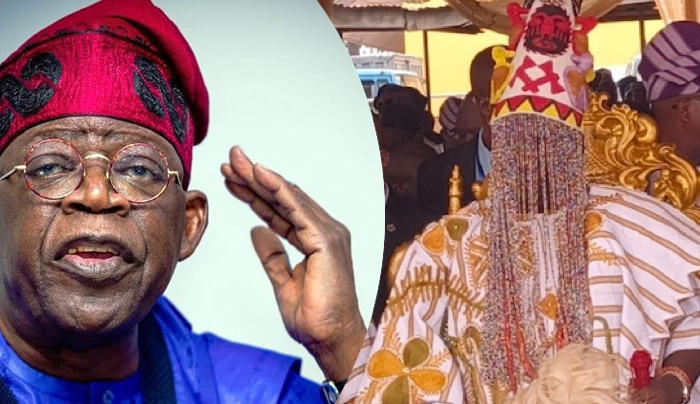Togolese citizens flocked to polling stations on Monday to participate in the nation’s parliamentary elections, a pivotal moment that not only determines legislative representation but also serves as a test for a contentious proposed constitutional reform.
At the heart of the electoral process lies a proposed new constitution, under which presidential elections would be abolished, and lawmakers would assume the authority to elect the president. This measure, vehemently opposed by the opposition and clergy, is viewed as a bid by President Faure Gnassingbe to extend his grip on power.
Critics decry what they perceive as a brazen attempt to entrench dynastic rule, as Togo has been under the dominance of the Gnassingbe family for 57 years, initially by Eyadema Gnassingbe and subsequently by his son. Faure Gnassingbe has been in office since 2005, after winning elections that the opposition described as a sham.
The electoral landscape is marred by allegations of authoritarian crackdowns on dissenting voices. Civic and media freedoms have been stifled, with protests against the constitutional changes banned and opposition figures detained. The recent expulsion of a French journalist and suspension of accreditation for foreign reporters underscore the government’s intolerance of scrutiny.
The electoral process itself has been troubled with controversy. The electoral commission’s decision to bar the Catholic Church from deploying election observers has raised eyebrows, casting doubt on the transparency and integrity of the proceedings.
Despite these challenges, Togolese voters are exercising their democratic rights, with over 4.2 million registered to cast their ballots across the nation’s 14,200 polling stations.
As the nation awaits the outcome of these elections, authorities have issued stern warnings against the dissemination of false results or misleading information, underscoring the importance of safeguarding the electoral process from manipulation.
Melissa Enoch
Follow us on:
















